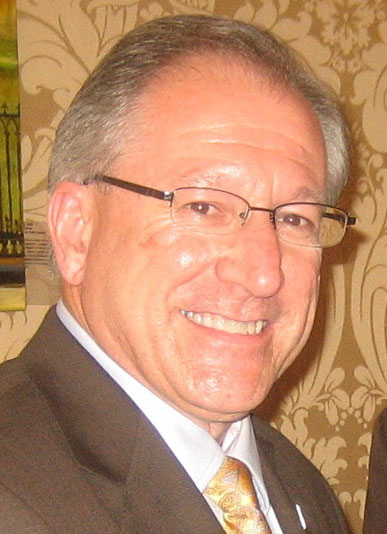
ALEXANDRIA, La. (BP) — Are you willing to be ridiculed for your beliefs? Are you prepared to take a loss in exchange for remaining true to your faith? It seems these questions soon will have to be reckoned with, considering that religious intolerance is on the rise in the United States.
Private religious expression is just fine. However, some insist the public expression of religion must be regulated by government.
For example, four years ago the U.S. Supreme Court ruled that a California university could force Christian groups to accept non-Christian leaders. In essence, America’s high court said faith-based organizations, specifically Christian groups, could not enforce belief standards on their leaders.
In light of the SCOTUS ruling, the California State University system recently required all organizations to remove belief requirements for leaders in order to be officially recognized on campus. InterVarsity, a well-respected Christian organization refused to comply.
Leaders with InterVarsity Christian Fellowship announced in September that all 23 of the group’s affiliated chapters in the California State University system would move off campus this fall, operating as unofficial student groups.
Greg Jao, national field director and campus access coordinator for InterVarsity, explained the impact of de-recognition.
“Loss of recognition means we lose 3 things: free access to rooms (this will cost our chapters $13k-30k/year to reserve rooms). We also lose access to student activities programs, including the new student fairs where we meet most students. We also lose standing when we engage faculty, students and administrators,” Jao told Christianity Today.
“We still intend to minister on campus but loss of recognition is a significant impediment,” Jao said.
Jao told Word News Magazine, “Our position will cost us,” but “this generation of world changers” is not “afraid to pay the price … Throughout the country, we’ve found that our staff and student leaders respond to de-recognition with greater creativity, boldness, and risk-taking. And, perhaps more importantly, they’ve deepened their convictions as disciples, evangelists, and leaders.”
Are you willing to follow the example of InterVarsity’s leadership and refuse to compromise biblical beliefs even if it means you are de-recognized or demoted?
The history of Christianity is filled with those who refused to compromise scriptural truths. Our Baptist forefathers suffered mightily for their belief in sole competency and believer’s baptism.
Throughout the centuries, followers of Christ have faced much more than de-recognition or demotion, they have faced martyrdom.
There are those in government that are already using language that differs from the U.S. Constitution. Some assert we have the freedom to “worship.” However, the First Amendment says specifically, “Congress shall make no law respecting an establishment of religion, or prohibiting the free exercise thereof.”
The freedom of worship suggests private faith. Free exercise entails living out one’s faith in the public square.
The free exercise of religion is being regulated on college campuses of the California State University system. Thankfully, groups like InterVarsity are standing firm. Though it is costing them, the rewards they will reap from their refusal to compromise are incalculable.
When you are told you must regulate the expression or exercise of your faith, how will you respond? Unless something occurs to alter America’s course, that moment will come, and perhaps sooner than you imagine.

















